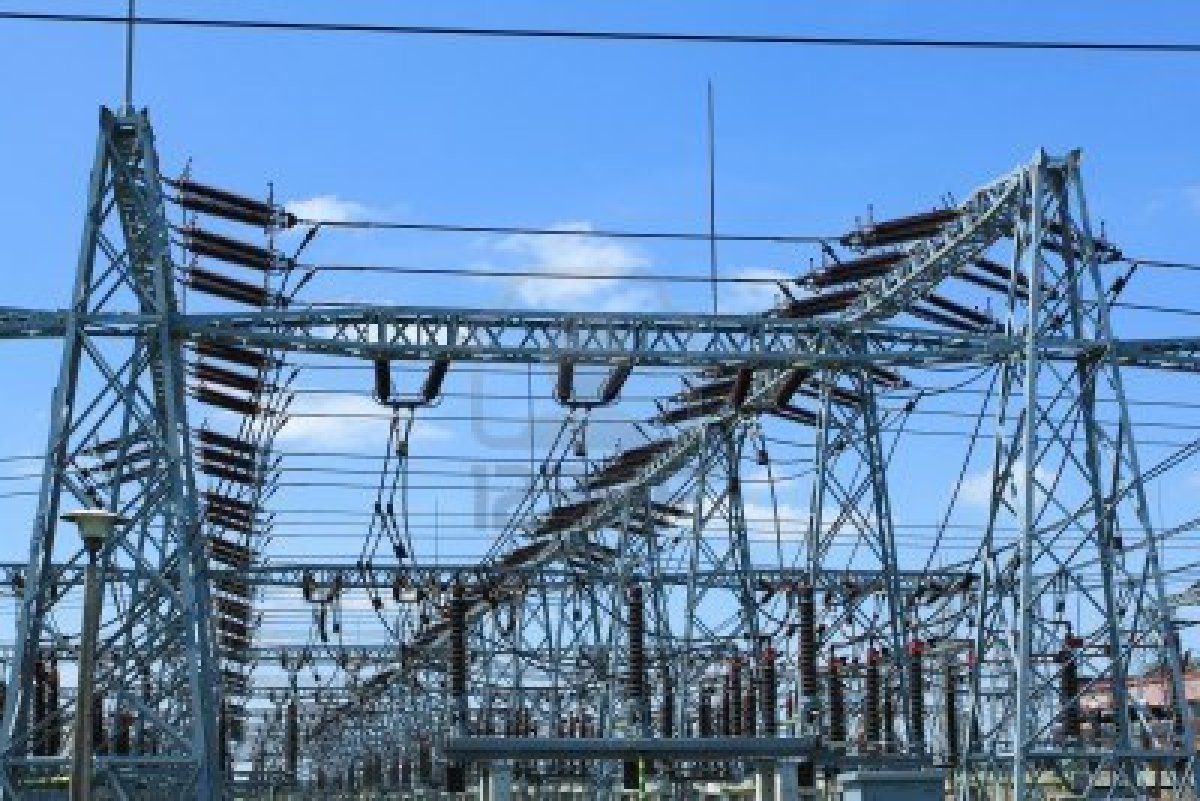It will take not less than $100 billion, approximately N36 trillion, to enable stable power supply in Nigeria. This is according to the Electricity distribution companies (Discos).
The Discos said the N36 trillion worth of investments will be needed over a period of 20 years.
How the investments will be deployed: The Discos disclosed that the investments will include over $10 billion (about N3.6 trillion) in distribution networks over the next 5 years.
The entire power supply value chain of the Discos, according to them, will also gulp about $40 billion (about N14.4 trillion) over the next 20 years.
READ MORE: Manufacturers spent over N246 billion fuelling generators
The Discos would also have to invest about $4.2 billion in the interface project developed by the transmission network in furtherance of TCN’s expansion plan.
Need for stable electricity: The need for electricity to be stable in the country cannot not be over-emphasised. According to the November 2018 edition of the Monthly Business Expectations Survey Report of the Central Bank of Nigeria (CBN), the most compelling factor constraining businesses in Nigeria is insufficient power supply.
The survey underscored the fact that electricity is a very necessary and important ingredient required for businesses to function properly and to expand. Higher electricity costs drive business costs higher and reduce business competitiveness. This is because as costs of electricity rises, businesses look for alternative power sources like generators leading to reduced output and productivity thereby rendering them less competitive.
Similarly, a recent research by the World Bank reveals “that power outages and deficient power infrastructure in Sub-Saharan Africa had a measurable negative impact on economic growth over the period of 1995−2007”.
Can lingering power supply instability be solved? Aside from being Africa’s largest economy, Nigeria is blessed with large oil, gas, hydro and solar resource. Thus, the country has virtually all that it needs to meet it’s electricity needs. All that is missing is the political will.
Source: nairametrics





